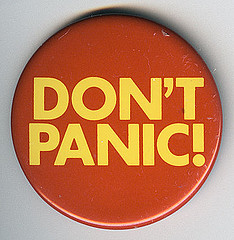I have an old friend that loves to gamble. His game is blackjack and he actually wins quite often. He was a math and physics whiz in college and believes he has the advantage in any casino he enters. That said, he does have one particular old habit that causes him to lose and lose big at times. If he’s on a losing streak, he’ll keep doubling down in order to make up for the losses he has incurred.
At times, I have watched him lose spectacular amounts of money with this strategy. So what does this have to do with financial planning and investing? Allow me to share with you what I see happening at the moment.










